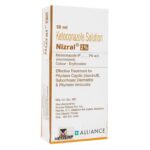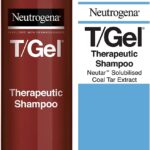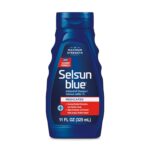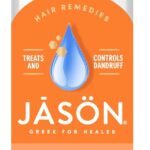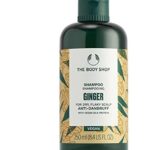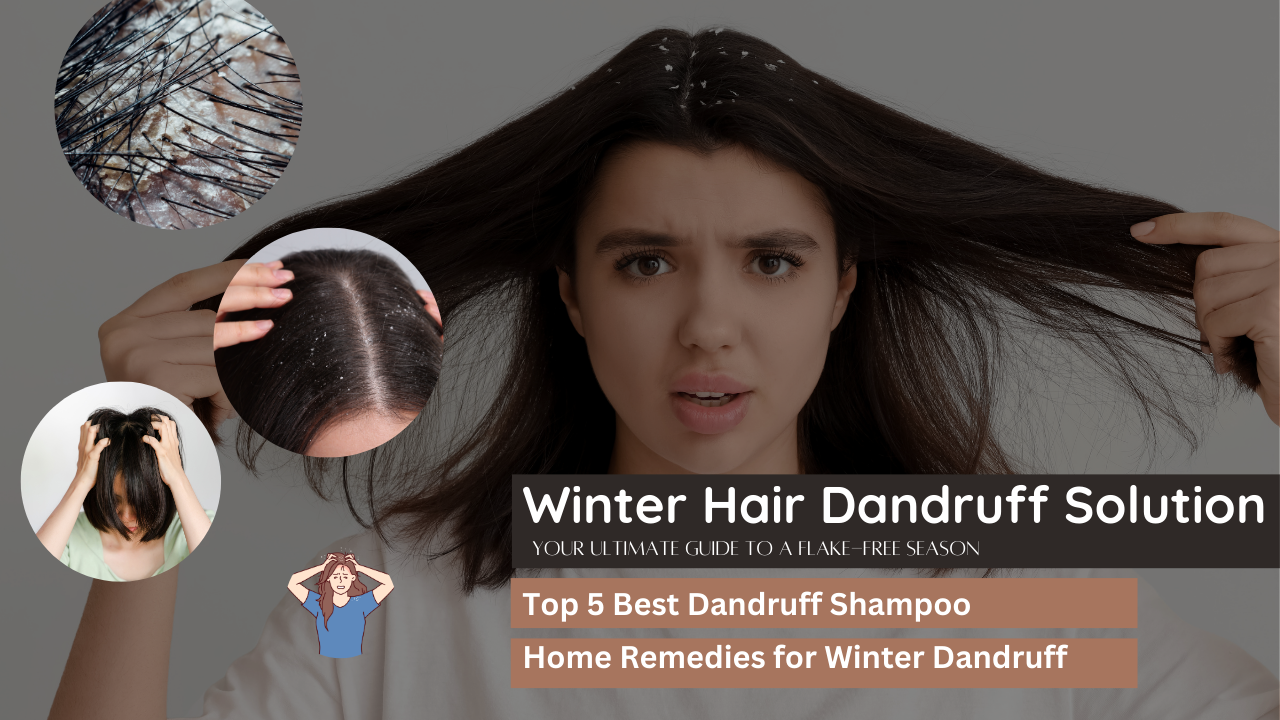
Winter Hair Dandruff Solution: Your Ultimate Guide to a Flake-Free Season
Winter is a season of cozy sweaters, hot chocolate, and festive cheer. However, for many, it also brings an unwelcome guest: dandruff. The cold weather, combined with indoor heating, can wreak havoc on your scalp, leading to dryness, itching, and those pesky white flakes. If you’re struggling with dandruff this winter, worry not. In this comprehensive guide, we’ll explore the causes of winter dandruff and provide practical solutions to keep your scalp healthy and flake-free.
Understanding Winter Dandruff
Before diving into solutions, it’s essential to understand what causes dandruff in winter. Dandruff occurs when the scalp sheds dead skin cells excessively. The primary culprits include:
Dry Air: Cold, dry air outside and heated indoor environments strip moisture from your scalp, making it dry and flaky.
Seborrheic Dermatitis: This skin condition is caused by an overgrowth of yeast on the scalp, leading to inflammation and flaky skin.
Product Build-Up: Overusing styling products or not washing your hair thoroughly can lead to residue build-up, contributing to dandruff.
Stress: High stress levels can exacerbate dandruff by weakening your immune system.
Now that we understand the causes, let’s look at effective solutions to tackle winter dandruff.
Home Remedies for Winter Dandruff

1. Coconut Oil and Lemon Juice
Coconut oil moisturizes the scalp, while lemon juice’s acidic properties help balance scalp pH and fight dandruff-causing yeast.
How to Use:
Warm 2 tablespoons of coconut oil.
Mix in 1 tablespoon of fresh lemon juice.
Massage the mixture into your scalp.
Leave it on for 20-30 minutes before rinsing with a mild shampoo.
2. Apple Cider Vinegar (ACV)
ACV has antibacterial and antifungal properties that help reduce dandruff and restore scalp health.
How to Use:
Mix equal parts of ACV and water.
Apply the mixture to your scalp with a cotton ball or spray bottle.
Leave it on for 15-20 minutes and rinse thoroughly.
3. Aloe Vera Gel
Aloe vera soothes an irritated scalp and provides deep hydration.
How to Use:
Extract fresh aloe vera gel from a leaf.
Apply it directly to your scalp.
Leave it on for 30 minutes before washing with a gentle shampoo.
4. Tea Tree Oil
Tea tree oil has potent antifungal properties that combat dandruff effectively.
How to Use:
Mix a few drops of tea tree oil with a carrier oil like coconut or olive oil.
Massage the mixture into your scalp.
Leave it on for 15-20 minutes before rinsing.
5. Yogurt and Honey Mask
Yogurt’s probiotics restore scalp balance, while honey moisturizes and soothes.
How to Use:
Mix 2 tablespoons of yogurt with 1 tablespoon of honey.
Apply the mask to your scalp.
Leave it on for 20-30 minutes and rinse thoroughly.
Over-the-Counter Solutions
If home remedies don’t suffice, over-the-counter (OTC) products can be highly effective. Look for shampoos containing:
Zinc Pyrithione: Reduces fungal growth.
Ketoconazole: An antifungal agent.
Salicylic Acid: Removes excess skin cells and reduces scaling.
Coal Tar: Slows down the production of skin cells.
Selenium Sulfide: Reduces yeast and excess oil production.
How to Use Anti-Dandruff Shampoos:
Wet your hair thoroughly.
Apply the shampoo, focusing on the scalp.
Leave it on for 3-5 minutes to allow active ingredients to work.
Rinse thoroughly and follow with a conditioner.
Dietary Tips to Prevent Winter Dandruff

A healthy diet plays a crucial role in maintaining scalp health. Incorporate these foods into your diet:
Omega-3 Fatty Acids: Found in fish, walnuts, and flaxseeds, omega-3s help keep your scalp hydrated.
Zinc-Rich Foods: Include pumpkin seeds, chickpeas, and fortified cereals to prevent flaky skin.
Vitamin D: Get sunlight exposure or consume fortified dairy products and fish to support overall skin health.
Probiotics: Foods like yogurt, kimchi, and sauerkraut help balance the scalp’s microbiome.
Hydration: Drink plenty of water to prevent dryness from the inside out.
Lifestyle Changes for a Flake-Free Scalp
Avoid Overwashing: Washing your hair too often strips natural oils, leading to dryness.
Use Lukewarm Water: Hot water can dry out your scalp; opt for lukewarm water instead.
Moisturize Regularly: Use a leave-in conditioner or hair serum to lock in moisture.
Manage Stress: Practice yoga, meditation, or deep breathing to reduce stress.
Wear a Hat: Protect your scalp from cold winds by wearing a breathable hat.
Professional Treatments for Severe Dandruff
If dandruff persists despite trying home remedies and OTC products, consult a dermatologist. They may recommend:
Prescription Shampoos: Stronger formulations for severe cases.
Scalp Treatments: Medicated creams or solutions to reduce inflammation and fungal growth.
Light Therapy: Ultraviolet light therapy to manage stubborn dandruff.
Customized Hair Care Plans: Tailored treatments based on your specific needs.
Preventing Winter Dandruff: Long-Term Tips
Maintain a Consistent Hair Care Routine: Stick to a schedule that works for your hair type and scalp condition.
Choose the Right Products: Use shampoos and conditioners free from harsh chemicals and sulfates.
Exfoliate Your Scalp: Use a gentle scalp scrub once a week to remove dead skin cells and product build-up.
Humidify Your Home: Use a humidifier to combat dry indoor air.
Avoid Tight Hairstyles: Give your scalp breathing space by avoiding tight ponytails or buns.
Myths About Dandruff
1. Dandruff Is Caused by Poor Hygiene
While cleanliness is essential, dandruff is not directly caused by poor hygiene. It’s often a result of a dry scalp or fungal overgrowth.
2. Oiling the Hair Cures Dandruff
While oils can hydrate the scalp, they may worsen fungal growth in some cases. Always use oils with care.
3. Dandruff Is Contagious
Dandruff is not contagious. You can’t catch it from someone else.
4. Dandruff Only Affects the Scalp
Dandruff can also appear on eyebrows, beard, and other areas with hair.
Dandruff in winters can often worsen due to the cold and dry weather, but it’s important to note that winter itself does not cause dandruff. The key is to keep your scalp clean, hydrated, and moisturized to combat the dry scalp conditions that winter brings. Using a gentle, moisturizing anti-dandruff shampoo is essential to ensure your hair roots do not dry out. Pair this with regular deep conditioning to maintain your scalp’s moisture balance. By taking these steps, you can effectively manage dandruff during the winter months and keep your hair healthy.
Suggested Best Dandruff Shampoos:
--
Brand
Active Ingredient
Benefits
Buy List
How to Use Anti-Dandruff Shampoos:
Wet your hair thoroughly.
Apply the shampoo, focusing on the scalp.
Leave it on for 3-5 minutes to allow active ingredients to work.
Rinse thoroughly and follow with a conditioner.
